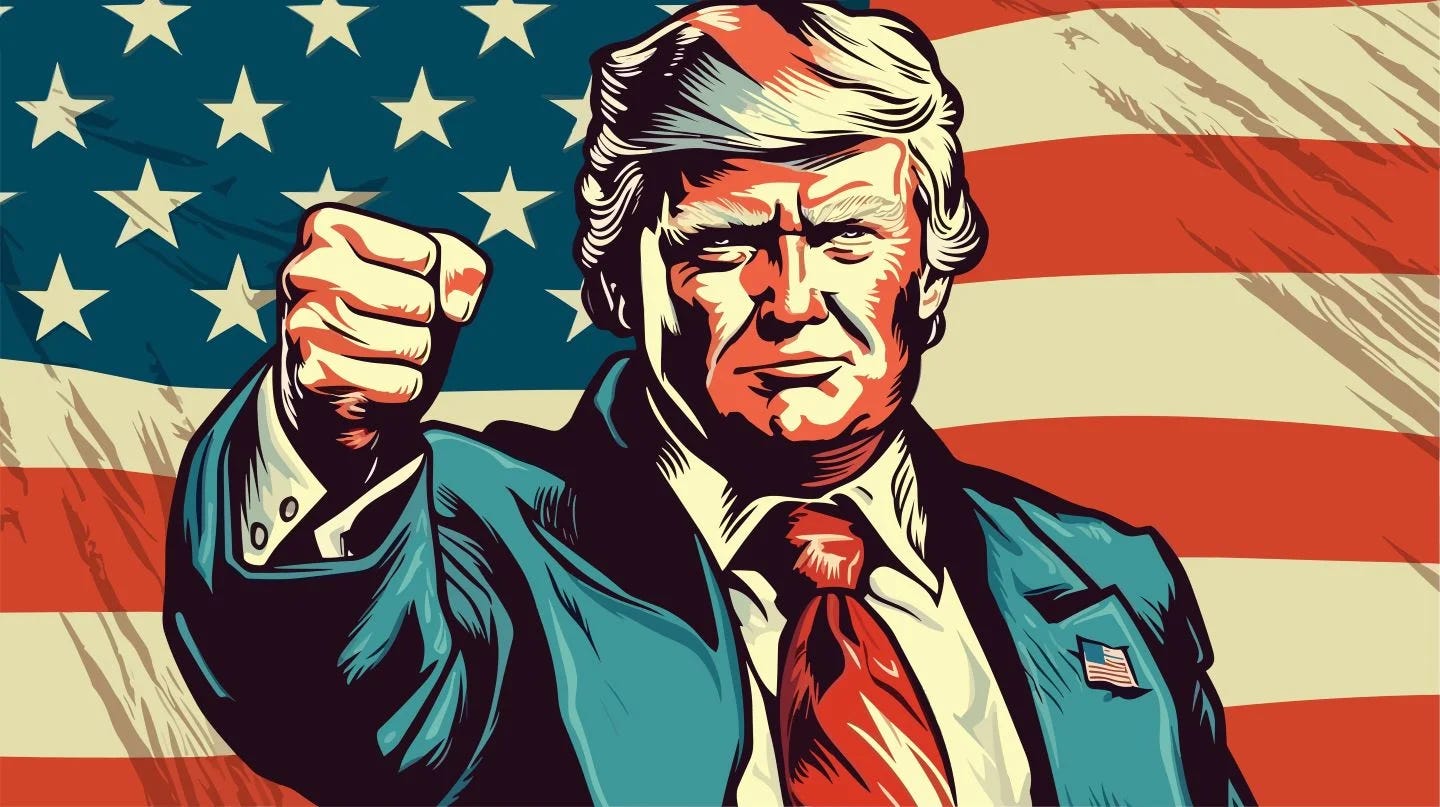How US tariffs could wreck the global economy, and hand power to China
They say it’s about saving jobs. The truth? It’s economic suicide dressed up as patriotism.
What if we told you that policies meant to protect workers could actually destroy their livelihoods?
That attempts to onshore jobs might push the global economy into recession?
And that while America slams the brakes on global trade, China is quietly taking over?
This isn’t speculation. This is the real-world impact of tariffs, one of the most destructive economic tools ever invented. Backed by history and fuelled by politics, tariffs have consistently failed to deliver their promises. Worse, they’ve often led to higher prices, lost jobs, trade wars, and global instability.
Let’s dig into why tariffs, despite sounding like a way to “stand up for the little guy”, are a dangerous con with consequences that stretch far beyond America’s borders.
📉 A history of pain: when tariffs fail
The Smoot-Hawley Tariff Act of 1930. Ring a bell?
It was introduced to protect American jobs during the Great Depression. Instead, it helped trigger a 66% collapse in global trade and worsened the economic crisis.
Fast-forward to 1984: steel tariffs were brought in to "save" the American steel industry. It saved 5,000 steel jobs, at a cost of 26,000 jobs elsewhere, in industries that relied on steel.
Each job “saved” cost over $113,000, while the average steelworker earned just $24,000. A stunning economic own goal.
👁️🗨️ The hidden costs of “protection”
Tariffs are attractive because their effects are highly visible, headlines shout about jobs being saved.
But the hidden costs are catastrophic:
❌ Higher input costs for businesses.
❌ More expensive consumer goods.
❌ Job losses in downstream industries.
❌ Retaliatory tariffs from other countries.
❌ Lower disposable income for everyone.
The kicker? These policies often hit the poorest the hardest.
Enter China, stage left
While the US considers blanketing allies like Canada and Mexico with 20% tariffs, China is waiving theirs, rolling out zero-tariff agreements with the world’s least-developed countries.
This isn’t charity. It’s strategy.
As America blows up its own trade networks, China is calmly picking up the pieces, forging partnerships, expanding influence, and moving into the vacuum left behind.
The result? A future where the global trade map looks less like US vs. China, and more like:
The East.
The West.
And the US… alone.
🧮 The maths don’t add up
You’ll hear politicians say, “A 20% tariff on $4 trillion in imports means $800 billion in revenue!”
Sounds great. But here’s what they don’t say:
Yale estimates the real figure is closer to $250 billion.
It could slash household incomes by £2,000 to £80,000, depending on your income level.
It would likely trigger a recession, tank investment values, and inflate prices.
All for what? To save a few politically connected industries at the expense of the entire economy?
🧠 The economic truth
Economists agree, across the board, that free trade creates prosperity. It works because of:
Absolute advantage (some countries are better at making certain things).
Comparative advantage (even if you’re good at everything, it still makes sense to specialise and trade).
Economies of scale (some industries only work at massive production levels).
Tariffs cripple all three, punishing specialisation, destroying efficiencies, and increasing prices.
🎭 Tariffs: political theatre with a global price tag
So why do governments love them?
Because tariffs are easy to sell to voters. They sound patriotic. They offer quick wins. And they make great soundbites.
But behind the curtain, they’re nothing more than:
A tax on consumers.
A gift to special interests.
A slow-motion train crash for global growth.
💥 The verdict: will tariffs destroy the global economy?
Probably not.
But they will reshape it, and not in a way that favours the West.
If the US slaps blanket tariffs on its allies, it risks alienating trading partners, fragmenting global alliances, and accelerating the shift toward a China-led economic order.
The fall of a superpower rarely starts with war. It starts with misguided policy, economic self-harm, and hubris.
We’re watching that play out, right now.
If you enjoyed this article please hit ❤️, or share it with a friend who doesn’t see the downside of politically motivated tariffs. Thanks for reading.


